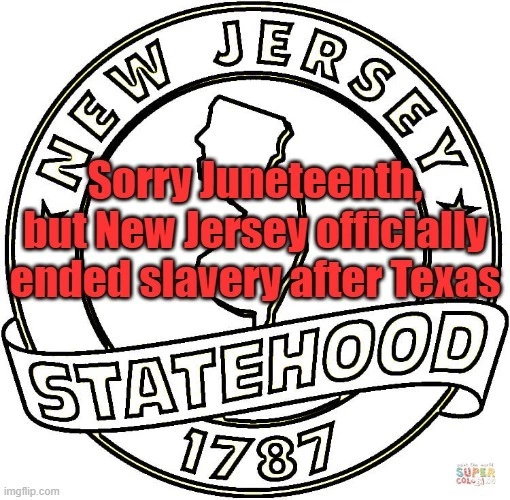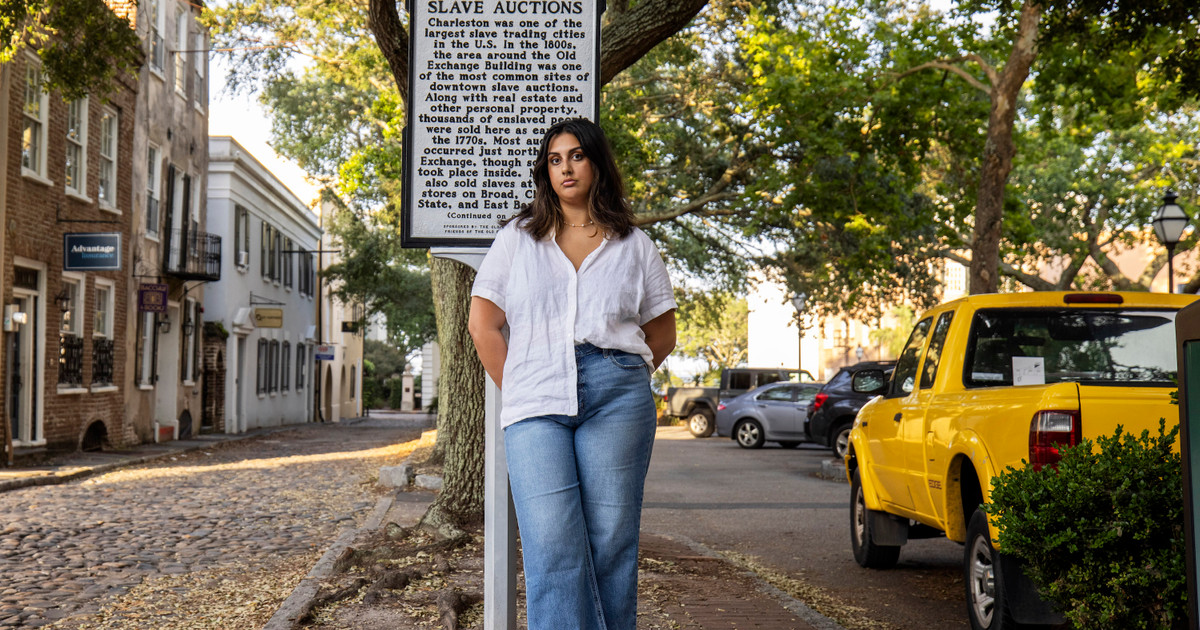The Historical Legacy of Juneteenth | National Museum of African American History and Culture
Even though the Emancipation Proclamation was made effective in 1863, it could not be implemented in places still under Confederate control. As a result, in the westernmost Confederate state of Texas, enslaved people would not be free until much later. Freedom finally came on June 19, 1865, when some 2,000 Union troops arrived in Galveston Bay, Texas. The army announced that the more than 250,000 enslaved black people in the state, were free by executive decree. This day came to be known as "Juneteenth," by the newly freed people in Texas.
[...]
Juneteenth marks our country’s second independence day. Although it has long celebrated in the African American community, this monumental event remains largely unknown to most Americans.
As someone born and raised in Texas, I knew the significance of Juneteenth from about high school on. Back in my day, Texas History was a required course, and it included that fact. Intellectually, I know that's not true for most folks, especially white people not from Texas. Here's a bit of (largely unknown) history to explain the Federal (and Bank) Holiday this Wednesday.
#Juneteenth #Texas #Emancipation















